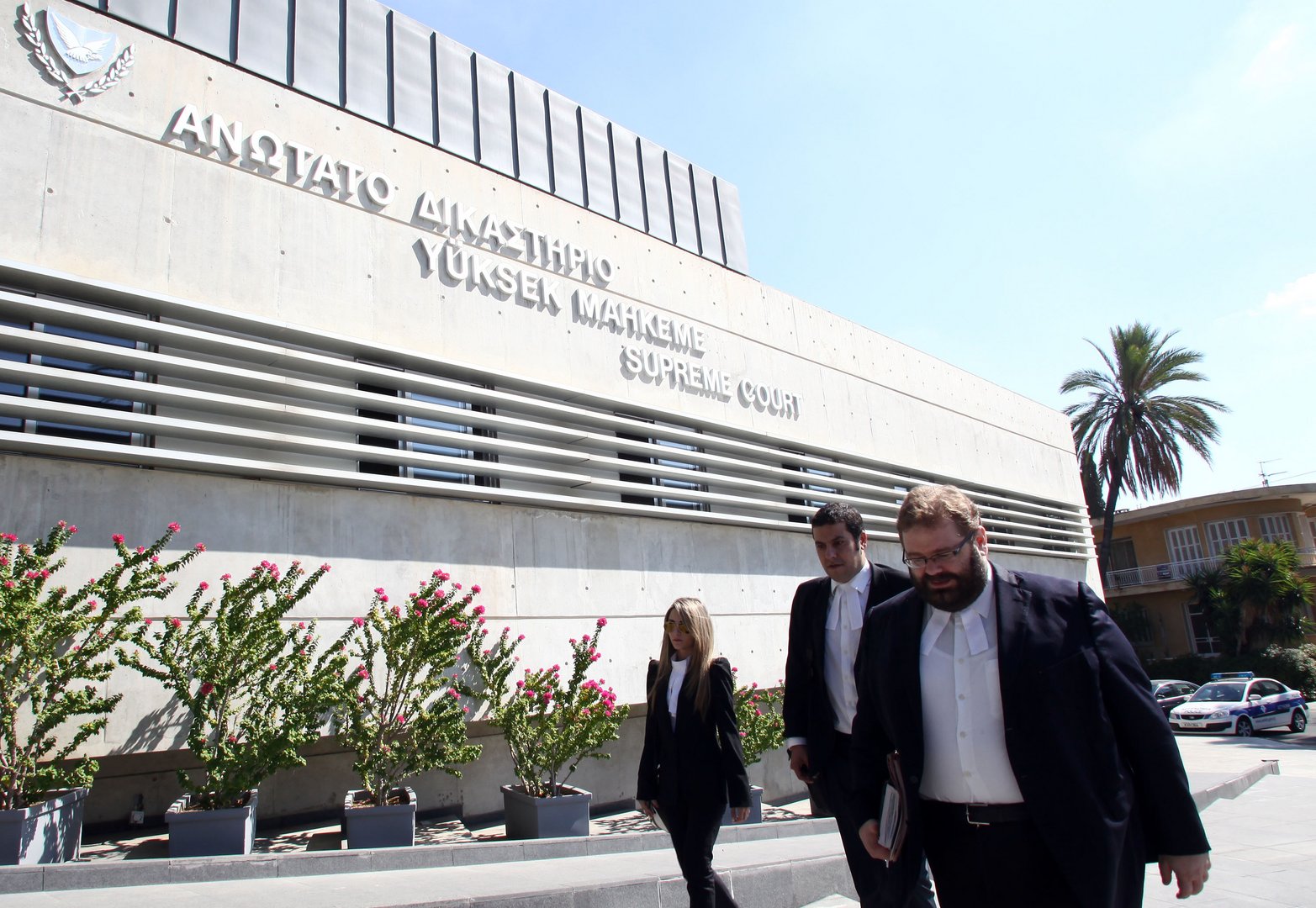The Supreme Court has ruled that the 2024 law imposing a special tax on credit institutions is unconstitutional. The law, passed by the House of representatives, was meant to fund state compensation for financial losses.
The ruling follows concerns raised by the Cyprus treasury about multiple state pensions being paid to officials still in office. The Audit Office labelled the payments “blatantly illegal” and called for an immediate stop. Previously, the former auditor-general Odysseas Michaelides cited laws from 1977 and 1980 that require pension suspensions when officials take up new state positions. However, accountant-general Andreas Antoniades referenced a 2017 legal opinion, based on a 2014 court ruling, which deemed such suspensions unconstitutional.
The pension payments had gone unnoticed for years but were discovered by chance during a House finance committee meeting. The Audit Office has since launched an investigation, and the treasury is awaiting fresh legal advice.
The now-invalidated tax law aimed to amend Article 13 of the 2011 basic law. It sought to allocate 75 per cent of the revenue from the tax on credit institutions to the national solidarity fund. The remaining 25 per cent was to go to the state’s permanent fund, intended for compensating pension and provident funds for losses.
President Nikos Christodoulides referred the law to the Supreme Court on 24 July 2024. Attorney-general George Savvides identified six points of conflict with the Constitution. The court found the law violated articles 61, 80.2, 165(1), 167, and 179.
The court ruled that the law breached Article 167, which enshrines the separation of powers. The decision, communicated to the president and parliament, prevents the law from taking effect.
The court’s nine judges unanimously agreed on the ruling, though they issued two separate decisions. Judge Tefkros Economou stated the law contravened Article 167.1 and the separation of powers principle. Judge Tasia Psara-Miltiadou argued it also violated Articles 165.1 and 179.
Psara-Miltiadou’s ruling stated:
“The referenced law interferes with the finance minister’s power to draft the state budget and dictates how revenues should be allocated, in violation of Article 167.”
Judges Antonis Liatsos, Dora Sokratous, Teresa Karakanna, Elias Georgiou, and Elias Kalligerou supported the reasoning of Economou and Psara-Miltiadou. Judges Nikolas Santis and Stalo Hatzigiannis also agreed with Psara-Miltiadou’s conclusions without further comment.
The ruling leaves the government searching for alternative ways to fund the national solidarity fund. Meanwhile, legal experts continue to assess the broader implications for state pensions and fiscal policy.






Click here to change your cookie preferences